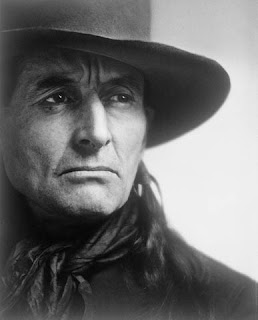Eighty years ago: Hollow diplomacy, rearmament phony and real, and an impostor eco-warrior with a real campaign
Neville Chamberlain’s policy of
constructive dialogue with the dictators (a.k.a. appeasement) produced its
first demonstrable result when a series of agreements known as the Easter
accords were signed. with Fascist Italy
was signed after months of negotiation. They amounted to little more than an agreement
to maintain the status quo in the Mediterranean and the Near East. Italy committed
itself to withdrawing its “volunteers” from Spain with very little by way of
specific detail. The accords would not come into force until the volunteers had
been withdrawn. There was no mention of the great prize for Italy: British
recognition of its conquest of Ethiopia. The accords were trumpeted as the
start of a new era in Anglo-Italian amity but they fell well short of detaching
Mussolini from friendship with Hitler, the goal that lay behind Chamberlain’s
policy. Italy had already accepted without protest the Anschluß
of Austria to Germany which had occurred during the negotiations.
It was announced that the British
Air Ministry was sending a technical mission to the USA to examine the
possibility of buying aircraft for the RAF from there. It aroused violent
protests from the British plane makers who were struggling to execute the RAF’s
expansion scheme. Relations between the industry and its client had fallen into
hostility and mistrust. The plane makers might well have interpreted the
mission as an attempt to pressurize them into bending to the Ministry’s will.
The US military aircraft industry was barely developed and the mission achieved
little practical. The only aeroplane that was imported as a result was the
Lockheed Hudson, a militarized airliner design, which gave useful but
unspectacular service.
US rearmament was getting
properly under way but this was focussed on the navy, which was essentially a
weapon of defence against Japan. The Senate Naval Affairs Committee endorsed a
Bill embodying President Roosevelt’s plans for 46 new vessels including three
battleships and two aircraft carriers. This would represent a major expansion
of the USN. Unlike the US aircraft industry there was already huge spare ship-building
capacity. Only armour-grade steel supply could hold back production.
The death of the celebrity Canadian
environmental campaigner Grey Owl triggered the revelation that, rather than
being born in Canada of the first nations, he was a native Englishman called
Archibald Belaney, who had invented the identity under which he lived. His perfect English accent helped to betray him. He also
proved to be have been an alcoholic bigamist which further dented his
reputation. The value of his work for beaver conservation and that of other
wild animals is beyond dispute, but it was a sad story. It was also mildly enbarassing for King George VI who had invited him to deliver a talk to the Royal family at Buckingham Palace.



Comments
Post a Comment